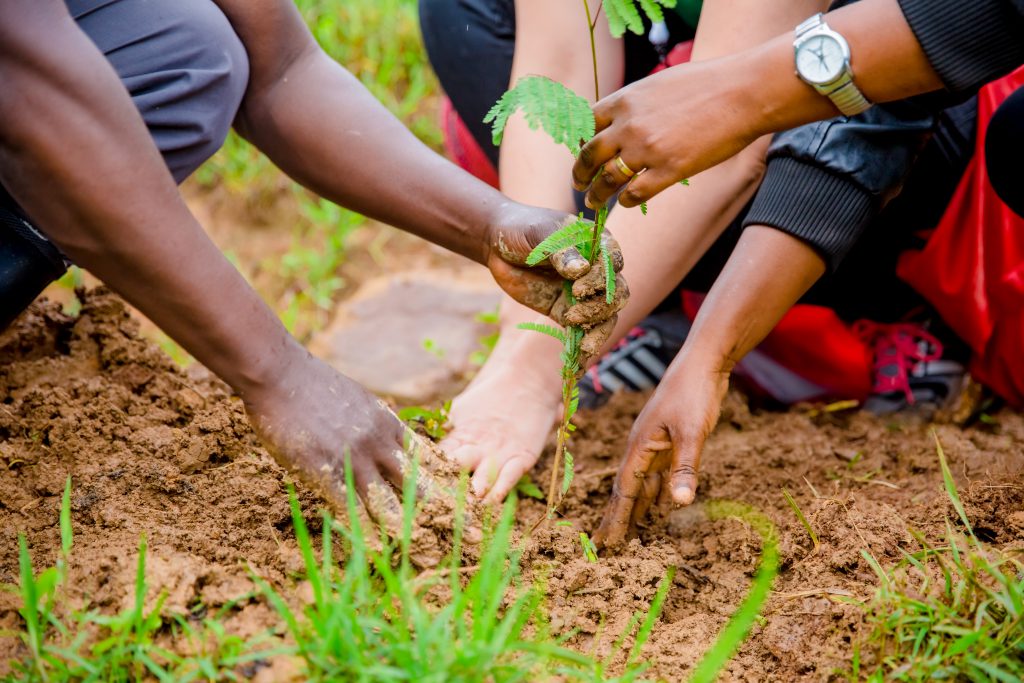Building Resilience to Climate Change and Sustainable Livelihoods in Rwanda’s Agrosystems


Climate change is adversely affecting smallholder communities in Rwanda. Erratic rainfall results in flooding events in highlands areas, whereas rainfall deficits occur in lowlands. Consequently, the agriculture sector is affected by climate change as translated into i) a decrease in agricultural production because of soil erosion, reduced soil moisture and water availability; ii) decreased agricultural yields because of crop damage from flooding and landslides; and iii) decreased quality and quantity of water as a result of flooding and droughts, respectively. To address these problems, the project “Building Resilience to Climate Change and Sustainable Livelihoods in Rwanda’s Agrosystems”, is implemented by the Albertine Rift Conservation Society (ARCOS), with funding from Livelihoods Funds, started a 20-year agrosystem restoration from January 2020, with the aim to build resilient ecosystems for carbon sequestration and to empower a network of community groups as champions of change for inclusive and sustainable livelihoods within Rulindo and Bugesera landscapes.
6 million trees including 4 million trees qualified for carbon credit & 2 million trees for livelihoods purposes;
· 15,209 ha of land to be restored in Rulindo (11,103 ha) & Bugesera (4,106 ha);
· A net of 2.3mT of carbon to be sequestrated during 20 years;
· 120,000 Beneficiaries of the project of which 60% are women and youth;
· 27,000 Households engaged in the project and trained on SALM practices and livestock management;
· 900 Grassroots Community Groups for sustainable livelihoods and development to be established and operationalized;
· 30 Satellite tree nurseries established & 30 permanent nurseries managed by community groups;
· Diversity of Trees, including agroforestry, fruits, and woodlot trees as well as indigenous species included, with an average of 5 fruit trees per household and more than 20% of trees planted being indigenous species;
· 5,000 Green Jobs to be created;
· A kichen garden per household with at least 3 different vegetable species


